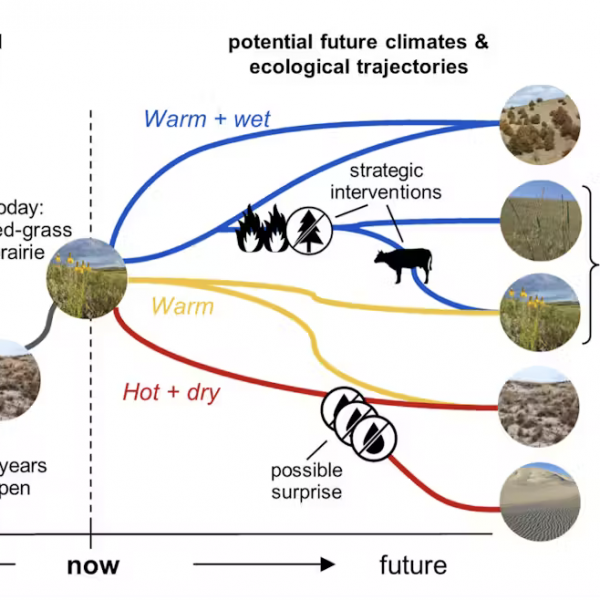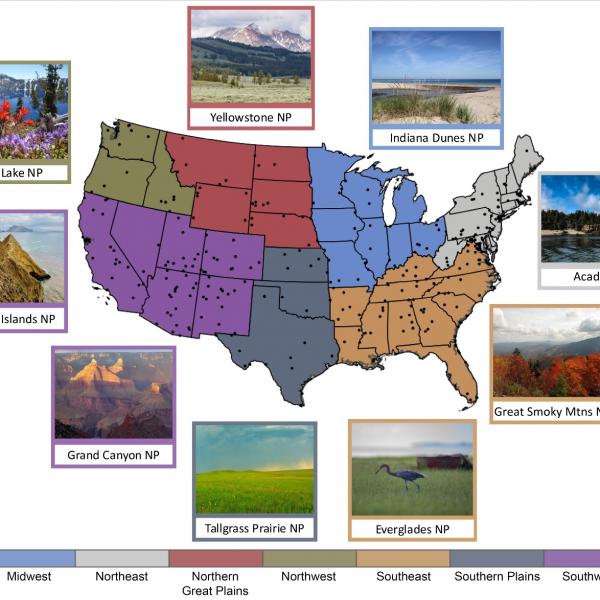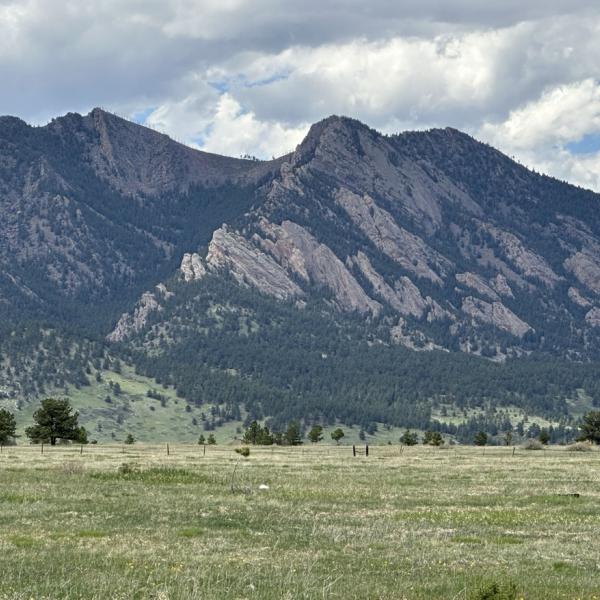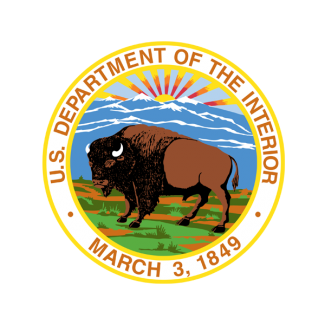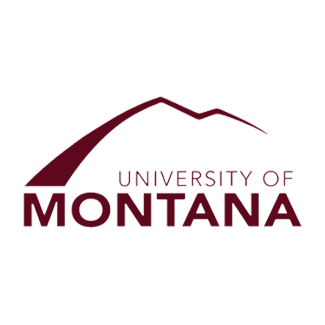The North Central Climate Adaptation Science Center is a partnership between the US Geological Survey, the University of Colorado Boulder and six other consortium partners. The NC CASC fosters innovative and applied research in support of Tribal, federal, state, and local natural resource management and decision-making. The North Central center is one of nine regional climate centers in the national CASC network created to help meet the changing needs of land and resource managers across the country. It serves Colorado, Wyoming, Montana, North Dakota, South Dakota, Kansas and Nebraska.
welcome
